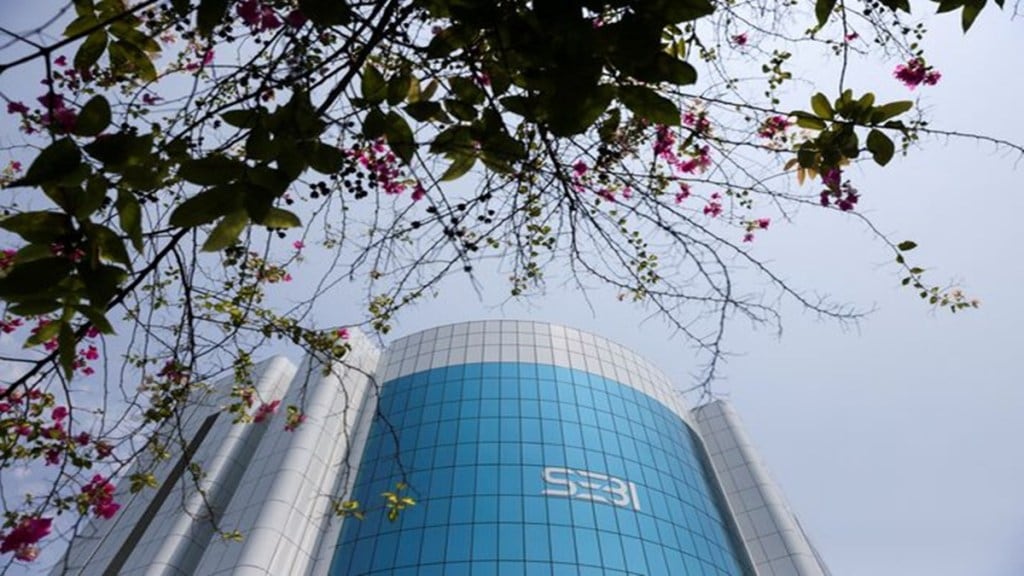On Friday, the Securities and Exchange Board of India (SEBI) is expected to take decisions that further ease norms for investors, companies, and market participants. Nesil Staney gives the low-down on anticipated reforms that concern transactions, IPOs, rating agencies, stockbrokers and more
Will SEBI revamp RPT norms?
SEBI is aiming to ease compliance, raise thresholds, and adopt a graded, risk-based approach for disclosures and shareholder approvals. It will link related-party transaction (RPT) materiality thresholds to company turnover. SEBI projects that 60% of RPTs at top Nifty-listed companies, which previously required shareholder approval, would be exempt under new rules, while reducing operational burden and timelines. Companies with turnover up to Rs 20,000 crore would treat transactions exceeding 10% of turnover as material. For those with turnover between Rs 20,001 crore and Rs 40,000 crore, the thresholds would be Rs 2,000 crore plus 5% of incremental turnover. For firms with turnover above Rs 40,000 crore, the limit would be Rs 3,000 crore plus 2.5% of incremental turnover. For subsidiaries without a year of audited accounts, parent audit committee review is mandatory for RPTs above Rs 1 crore, using either 10% of subsidiary net worth or the parent’s materiality threshold. These amendments will reduce compliance friction for large Indian listed firms, especially conglomerates.
How does it plan to ease stake dilution for very large IPOs?
SEBI will allow smaller initial public offerings (IPOs) and longer timelines to meet minimum public shareholding (MPS) rules, to help large firms sort out investor appetite for big IPOs. It will reduce pressure of immediate dilution for firms and control the oversupply of shares immediately after listing, which can weigh on prices. SEBI may also rejig allocation quotas of various categories. In case of IPOs with post-issue market capitalisation of Rs 50,000-1 lakh crore, the minimum public offer (MPO) will be Rs 1,000 crore plus 8%, with 25% MPS in five years instead of three. For companies worth Rs 1-5 lakh crore, the MPO requirement will be Rs 6,250 crore plus 2.75%, with MPS of up to 10 years if the listing float is greater than 15%. Above Rs 5 lakh crore, MPO will be Rs 15,000 crore plus 1% of post-issue capital, with minimum dilution of 2.5% and the MPS timeline of 15% in five years and 25% in 10 years. This will aid keenly awaited big listings like Reliance Jio or NSE.
Enhancing scope of rating agencies
Credit rating agencies (CRAs) may be allowed to rate financial products that are unlisted or outside SEBI’s direct regulatory domain ( suchas those regulated by bodies like the RBI, IRDAI, etc.) It expands the functional scope of CRAs and closes a regulatory gap where unlisted corporate debt, securitised assets, and certain financial instruments lacked formal CRA coverage. The new coverage would be conducted through separate business units. CRA regulations restrict agencies from engaging in any activity other than rating securities that are either listed or proposed to be listed on a SEBI-recognised stock exchange. This was put in place to avoid conflicts of interest and to ensure the integrity of capital markets in rating processes. While expanding CRAs, SEBI is likely to frame checks and disclosures including transparency and consistency in ratings and investor safeguards.
Amendments to stockbroker rules
Representatives of exchanges, brokers, and law firms were involved in drafting proposals for a modernised, transparent, and tech-savvy regulatory regime for brokers. It will revamp stockbroker regulations, and improve their governance, risk management, and compliance frameworks. The regulator is planning to add algorithmic trading and proprietary trading to its master stockbroker regulations. The proposals are part of a review for aligning the rules with the Companies Act, removing redundancies, and reflecting changes in market practices and technology. It will do away with outdated terms such as “small investors” and add definitions for “execution only platforms” and “clearing members” for clarity. Compliance on enhanced whistle-blowing and employee obligations are also under discussion. Also, on the cards is permitting stockbrokers to access the Negotiated Dealing System for trading in government securities. They may be allowed to participate in securities-related activities in GIFT-IFSC through a separate unit, currently restricted to banks and primary dealers.
Reclassification of REITs & InvITs
The SEBI board may discuss of granting equity classification to real estate investment trusts (REITs) and infrastructure investment trusts (InvITs), currently treated as hybrid instruments with debt and equity features. This was discussed in the previous board meeting, but action was deferred. Recently, FE had reported that the InvITs’ industry body (Bharat InvITs Association) had filed a report to SEBI on this matter. The association of REITs too has a positive bias for equity classification as it will increase liquidity. Both securities provide a combination of steady income and potential capital appreciation. Separately, SEBI will consider increasing the scope of “strategic investors” in REITs and InvITs, allowing foreign portfolio investors and qualified institutional buyers to invest up to 25% of their IPOs. This too is expected to increase investor interest in these securities, which are currently held by debt schemes of mutual funds. In the last one year, Mindspace REIT gave total returns of above 27%.


